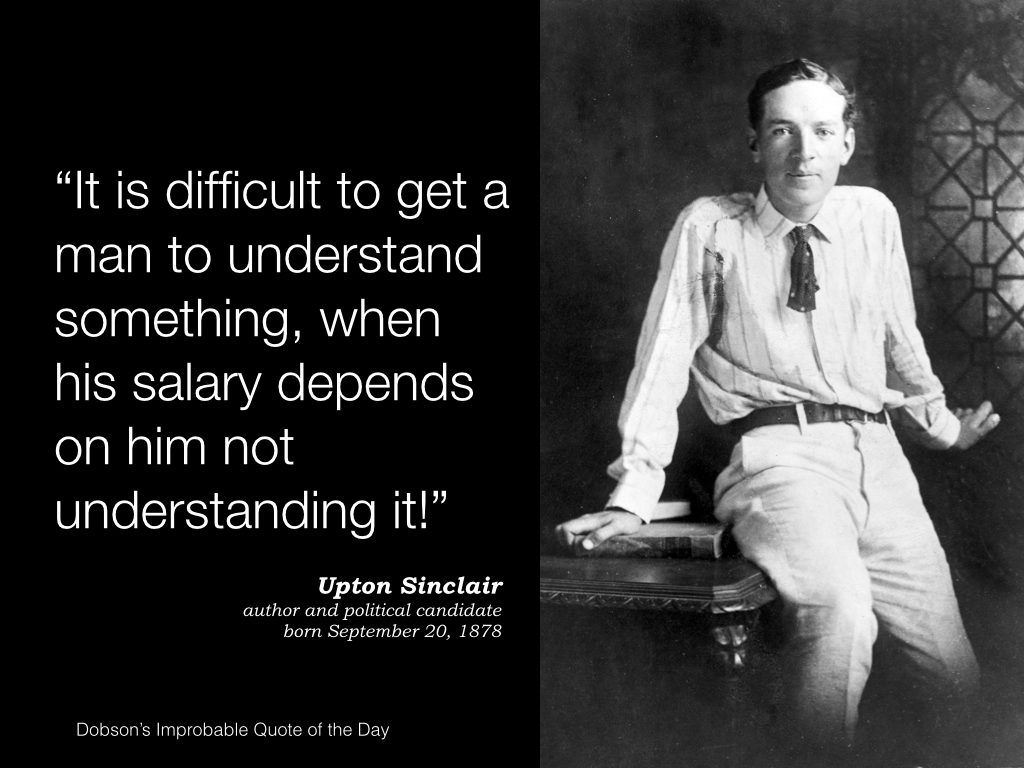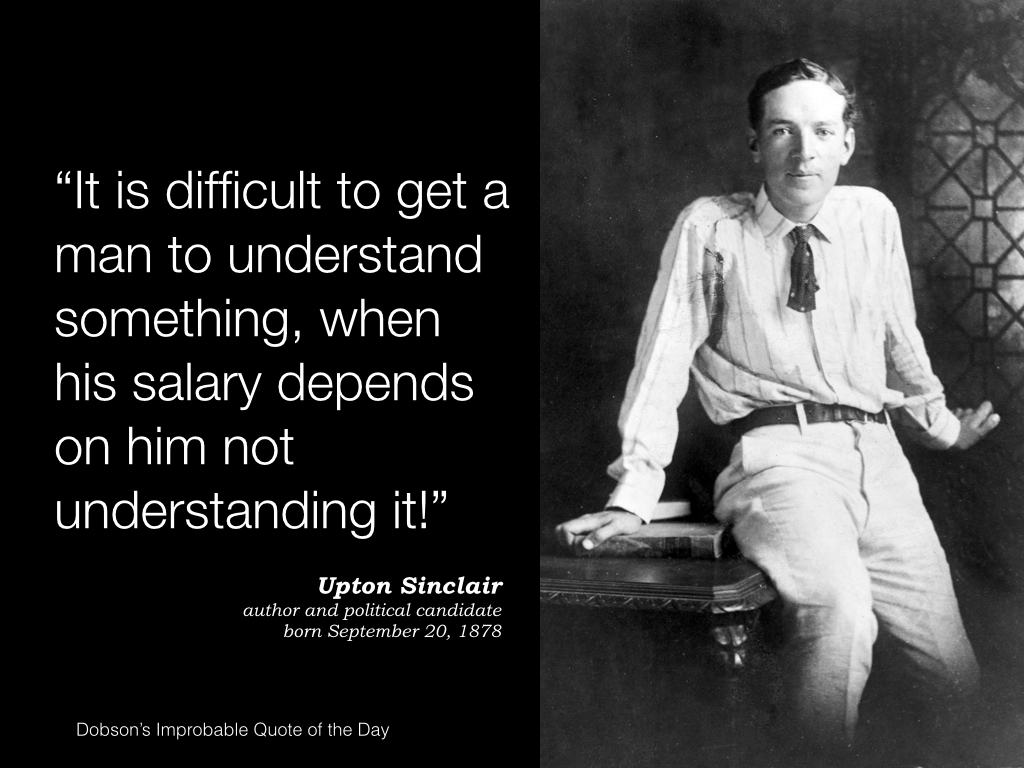I’ve avoided writing this for a couple of years for fear of coming off rather holier-than-thou, but here goes anyway. I hope it at least fuels a much-needed discussion.
For the past eight years of my career, I have taken cuts in salary with each new permanent gig. Three of them, in fact. I took the last two pay cuts so I could stop selling my soul to the devil.
I have wanted to share this so that people know that when it comes to grappling with the hypocrisy of the sector, this is an option. Most often I think people assume that speaking up about the international aid and philanthropy’s failures and inequities is a threat to their personal livelihoods and lifestyles. Self (job) preservation is natural, and it also leaves many of us in the sector feeling silenced, off balance with our personal values, confused, and/or cynical. Thus I’m asking, do we always have to “advance” in our pay level or position?
The first time I took a pay cut, after a layoff during the economic downturn, it was health insurance and the need for rent money in a new city that was the deciding factor. I was accepting a position with a much(!) larger, publicly-funded humanitarian organization than the previous family foundation, but it came down to this: my “on the road” Kerouac days were done. I had traversed the U.S., relied on friends with couches and extra bedrooms for too long, and created a blog that I loved and that was needed. (This one!) Now it was time to get back into a regular (and insurance covered!) routine.
Some time later, when my monitoring and evaluation teammates at the humanitarian organization showed me a job opening elsewhere, they said it “was perfect” for me. I applied to a somewhat smaller, but still major global advocacy and development organization. I would be writing about aid effectiveness full time! Wasn’t this the dream? Wasn’t this why how-matters.org was created in the first place?!
I took a pay cut, happily knowing that my values and my reformer self would be finding a place on the page every day.
Some time later, after a particularly rough day at work, our Executive Director called me to tell me that my current position at Thousand Currents was opening up. It was like the heavens had opened.
Here was an organization whose people and whose practices I trusted and admired, inviting me to apply. Their work was something I had wanted to be a part of for years. I had known, deep in my soul, that it was possible for external actors to get behind local leaders and grassroots activists.
So I took a pay cut, because there are still too few examples of organizations living their values, trusting their partners as teachers, as visionaries, as allies, and no longer centering the Western-defined idea of “development” as the norm.
With each step towards alignment with my values and my worldview, the pay cuts were actually less painful than I had imagined.
With each step towards alignment, adjustments were made. The household budget had to shift. But what really did I give up or sacrifice? Certainly not my life, because now that was the direct comparison that could be made. I learned to afford my convictions. Whenever I lamented my fewer eyebrow threading appointments or fewer Lyft rides, the murder of environmental defenders, for example, snapped my priorities back into place very quickly. (Learn about the latest round of murders in Guatemala here.)
When it comes to salaries, how much to we professional do-gooders really “deserve”? How much do we really “need” to survive? I of course don’t presume to know this for other people and I’m not offering judgment on those driven by stability. Survival and financial security is a very real challenge for many, especially if they’re the only earner in their family, or if others depend on them, or they’re the first to “make it” in their family. To be clear, job dependency is a valid reason why many people stay silent about issues they uncover and witness in their organizations.
At the same time, it is harder and harder to ignore the impact of an extractive, exploitative globalized economy in which accumulation has become a cancer on humanity, and the complicity of our sector in this. I mean, what else do you call uncontrolled, unchecked growth? What I really “need” salary-wise is something I am continually reviewing in my own life (and something I wish our sector’s CEOs and senior managers would do as well, because you know there’s people earning way way beyond the happiness income satiation point).
As we return to talk of incentives in the aid sector, and as they are assumed to be tied first to individuals’ advancement in salary or position, maybe that assumption is what we should be questioning the most. Let’s interrogate what is ultimately dependent on and driven by fear, that is, seeing money as the sole source of livelihood, security, and contentment.
Not just in the discourse, but also in our own lives first.
When people revel in how I “speak the truth,” this is how.

My thanks to Angela Bruce Raeburn and Solomé Lemma for their review and feedback on this post.
***
Related Posts
Interview questions you should be asking of aid organizations


You know what, you touched on something so important yet so difficult to do. The corporate world in its many facets know how to make even the brightest dumb in the intellectual and moral realms. With this article, and the rest that you have written, you have sang my heart in many ways.
The issue of pay in development work is about inequities perpetrated from top to bottom and across the oceans. We are trained to not talk about money in this culture so we are sort of ashamed to discuss. CEO pay even in the do good sector is high – some in the $300K and higher range while the people doing the work – somewhere around $69K for a Senior Policy Advisor – meanwhile Senior Policy Advisor who is a local person in Haiti, or Liberia, South Africa drops to about $35K USD – and then we say well that’s a lot of money for that country.